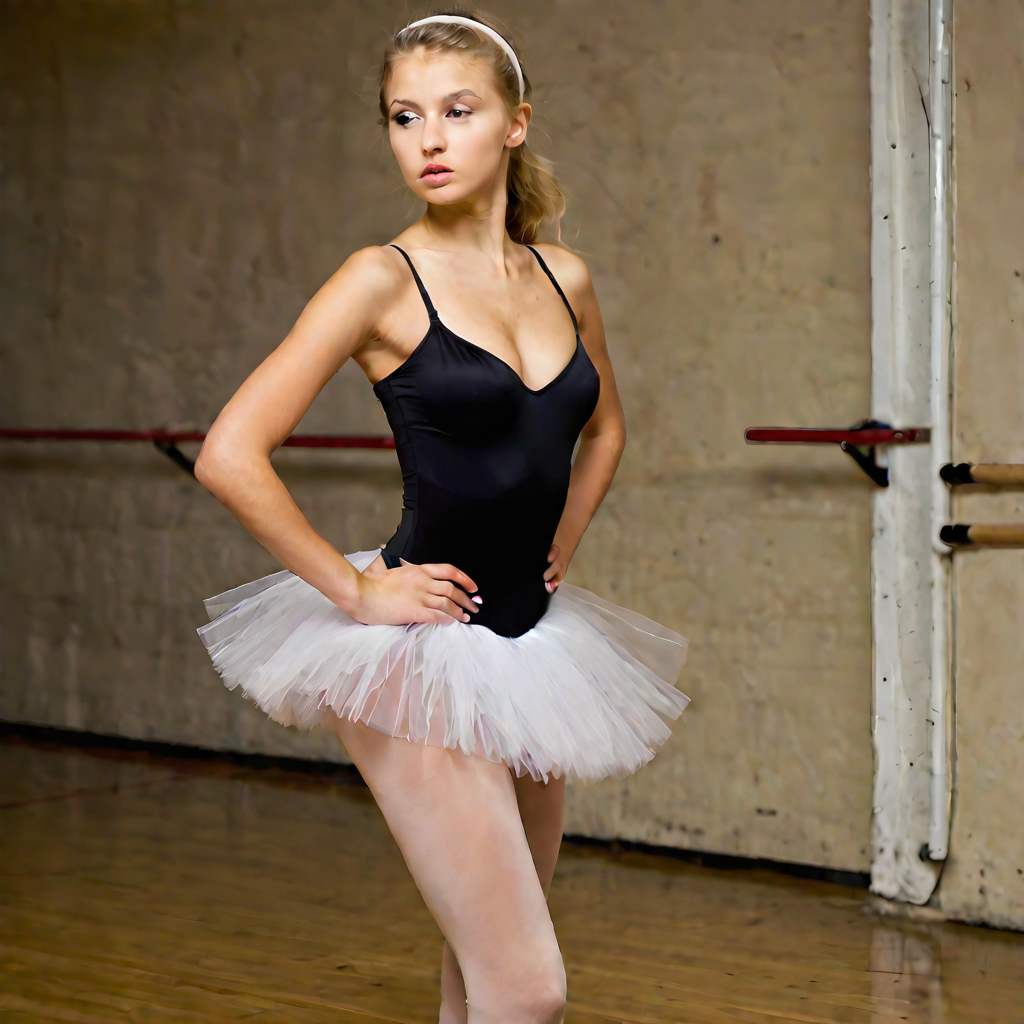This one has a long, slow start, over several parts.
South of France, Decision Day minus 1; night-time…
When we meet Justine she is between 19 and 20, and she is feeling decidedly odd.
She has just has the strangest, most disturbing conversation of her life, sitting around a dinner table with six very respectable older people, in a sense elders of her community— four men and two women, discussing depraved and abusive sexual practices. One pole of the conversation had been the works of the Marquis deSade— in particular, the book that bore her name, and the other pole had been the possibility of her giving herself over to these six for abuses of the kind suffered by deSade’s protagonist, also named Justine.
Now, sitting on her neat little bed in the neat little characterless room in the attic that was her quarters, she was utterly failing to process any aspect of the conversation.
Her body keeps breaking out in shivers— shivers that drive across her— travelling from her belly and then at the same time down her legs, and up through her body, into her neck and arms, ending by shaking her head rapidly from side to side. These bodily tremors seem necessary to throw off the intense contradictions that are at war in her; at least, she experiences relative calm for a little while after each one.
Madness! Insanity! She has to leave— now! Or at least tomorrow, early, before any of them get up; she can’t possibly ever face any of them again, even Stephen.
Especially Stephen.
Her chest hurts. She is being torn apart.
No. she is tearing herself apart. They are interested, clearly, in having the right to tear her apart— metaphorically speaking— but they do not seem at all excited, or needy about it.
The stress is all hers.
The unacceptable reality, the truth which she cannot hide from herself, but also cannot endure, is that it was she who had asked the questions. She who had driven it— at least at the start. That as soon as she had stopped pushing things further, there had been a small lull, very relaxed, easy, after which they had simply begun talking about the chances of their several shared horses at the Cagnes-sur-Mer races the next day, cool and wryly humorous as ever.
From enslaving a young woman for the purpose of enacting their sadism upon her, to general chit-chat. As if they did this sort of thing every day.
The stress is all hers. They— even though they are asking her for something enormous from her, for something completely beyond price, beyond their power to enforce, something they obviously very much want, cannot easily get from anywhere, or anyone, else— they are at ease, enjoying themselves.
While she, Justine— she is in turmoil, she is the one who feels desperate; powerless, conflicted, trapped— and so horribly, dreadfully exposed.
My life is over, she finds herself thinking. It seems impossible that the last hour has happened.
But if it was not real, why do her breasts, her sex tingle so? Why is her belly flip-flopping, the surges languid but powerful; impossible to suppress. Why is her heart going at least three times normal rate, her breath coming in shuddering jerks?
Why is she at once terrified and exhilarated, in an agony of despair and exalted, frenzied of body and mind, but weirdly calm of soul?
Justine…
Justine has spent the last seven years studying intensely, and for the last two of those also working as a model. She plays the oboe to a very high level, is rather a decent club level chess player, and was until recently, part of a fêted young contemporary dance group, which she had joined when her ballet teacher said she had become too tall and curvy. Of course, ’too tall and curvy’ for a ballet dancer is ‘slim and elegantly sexy’ for the rest of the world.
Picture: Justine the dancer

She had worked that hard seemingly without effort; she had spent her whole life being pushed by her mother— a Russian— who had arrived in England, penniless, aged 17, with an indomitable determination to do well for herself, and who has been a relentless ’tiger mom’, pushing Justine, in the kindest way, with the best of intentions, but without letup, since she was born.
Constant movement from one achievement to another had been the girl’s life, always busy, always working, always succeeding, always being pushed and supported by her mother, until, when she had been 13, her parents had divorced.
Her father, another Russian emigré — her father, whom she had loved, who had proved to be a liar and a cheat. And now? Now, her feelings toward him were complex, and mostly painful.
He had been mean at the divorce, producing a pre-nuptial agreement Justine’s mother had signed, and insisting upon its very restrictive terms. Nevertheless, a settlement had been achieved, and Justine’s mother had doubled her concentration on her daughter, even more single-mindedly determined that the girl must be a success.
Then, at the end of the previous year, just before Christmas, Justine’s father had announced that he was remarrying, that he needed all his money for his new wife, that he was ending all payments. She and her mother had become poor. They no longer had any real relationship with him, whose new wife was a much younger woman, with whom he had moved to Malta.
The effect of their poverty, this final betrayal upon Justine’s mother had been profound— she had changed markedly— shrunk, become vague, distracted, no longer interested in the markers of success and achievement which had kept her in motion, on point, for all those years. She began to ask Justine whether she was really bothered to do the extra classes, the competitions, and when the girl answered, rather nervously, but honestly, that she did not want to do all of them she was, to her great surprise, allowed to drop them; gracefully of course, but nevertheless, allowed, for the first time in years, to step back from the requirement to achieve, to excel (however loving, however supportive— a requirement is still a requirement, and Justine had felt it, very powerfully, since her father had abandoned them).
No more modelling (it had been exciting at first but quickly became boring, repetitive, and the exploitation that was increasingly obviously a part of it brought with it a sick dread that got stronger with each assignment). The dancing, too was no longer fun as it had been when she was small. Chess is not even mentioned.
She still plays the oboe, and had actually begun to study harder, having decided to aim for a place at the Sorbonne, wanting to study French Literature.
Picture: Justine the schoolgirl

She had secured her place with top grades, achieved a scholarship, and was all set to go when her mother, in her new mode, had convinced her to take a gap year; ‘enjoy yourself— relax— see something of the world before you go back to studying so hard’. A postponement of a year was easily arranged, and Justine was faced with a void, for the first time in her life.
This was when she had begun to feel the first hints of the oddness that had, this evening, become all-consuming.
She had kept expecting her mother to have a list of excellent (and demanding) proposals for the good use of her time (that would also look good on a CV)— but there was nothing.
Early summer. Her 18th birthday come and gone, without much fanfare. The city was quiet. She found herself nearly committing to one intense project after another (’work with refugees’, ‘tutor bright kids from disadvantaged backgrounds over the holidays’, ‘take an intensive computer coding course’, ‘work as a “girl Friday” at a donkey rescue centre’, ‘learn Chinese’), but after these close shaves with things that she perhaps ‘ought’ to do, but felt no strong urge toward, she realised she was trying to fill a void from force of habit, rather than actually feeling the need to do something.
She gradually allowed herself, consciously, for the first time she could remember— which probably meant for the first time ever— to do nothing. Nothing one day, nothing much the next, nothing the day after that.
It was remarkable. What had seemed unimaginable was in fact, perfectly possible; she hadn’t feel her brain shrivelling up, her muscles withering away, nor even sensed her moral fibre being eroded. She read, she slept (slept! in the daytime!), she sunbathed, she swam in a leisurely fashion, without measuring her performance, not even counting laps, not even completing laps if she didn’t feel like it.
After a while of this she realised something. She had no friends.
Of course, she had friends — friends from dance class, friends from school, friends from the orchestra, friends from chess club, from modelling. But they weren’t, she realised, actual ‘friends’— not in the sense that people in novels had friends (she was reading rather a lot of novels— and not French ones, either, despite the reading list as long as her arm that the Sorbonne had sent. Just novels— books that helped her think about life, about herself, about how she might be in the world). She was realising that her mother’s ambition had meant that she had not actually had much experience outside of some rather rarefied environments.
These insights didn’t really trouble her— she had always been quite grounded, she told herself— but they did make her think. Why had she no friends— no real friends? One answer jumped out at her; she hadn’t found anyone serious. No-one. No-one her own age was really serious enough for her.
Her mother had always told her that ’life is hard’; even in the midst of the relatively privileged life her fathers’ money had paid for, her mother had made sure that her girl knew that reality was tough; demanding, uncaring.
No-one her own age ever liked it when she talked about that stuff. None of them were in the slightest interested in Sartre’s ‘Iron in the Soul’— one of their set books at school— always moaned about it— while she had been gripped by its toughness, its insistence upon confronting choice, about the necessity of making such choices oneself, without reliance on received or prepackaged notions.
Nevertheless, she did feel loneliness. Wondered if she had have enough ‘iron in her soul’ to manage without the semi-friends that she did have, however vapid they might be.
She was still a teenager— albeit with an unusual mix of maturity and lack of experience.
Read the next part of Justine.

Interesting!!! A Very Clinical look at a Sort-of-clinical Life!!! A Departed Difference in Tone and Feel from THW'S Other Stories!!! BUT, That is NOT a Bad Thing!!! When an Artist Experiments, WE need to Observe!!! I am personally Curious What THW is Exploring??? What curious idea or factoid THW wants to pursue???